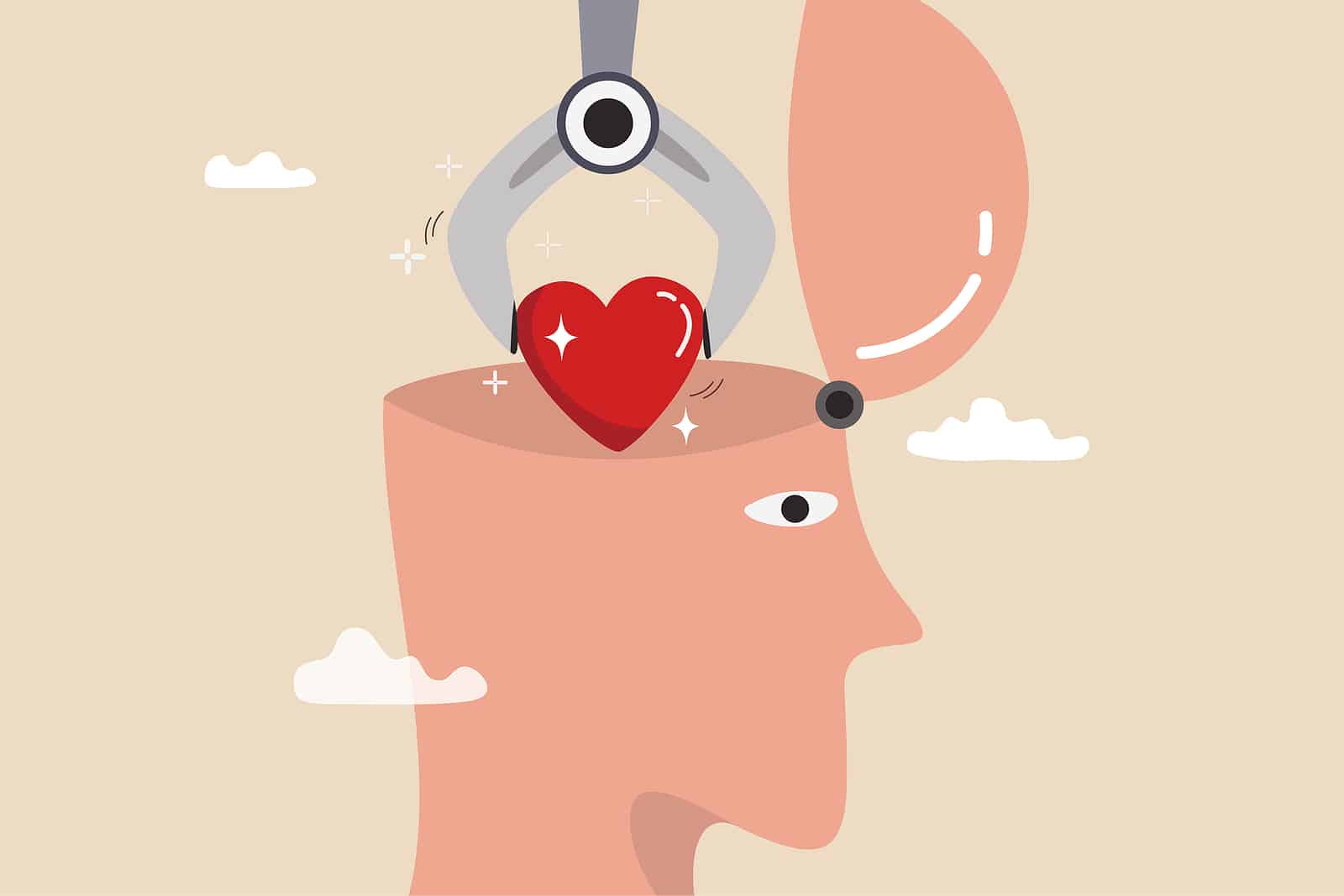
The brain is one of the most complex organs in the body, and it’s also one of the least understood. As people age, their brains naturally slow down, but new research put out by several journals suggests that there may be a handful of ways older adults can preserve cognitive function.
Here are four lifestyle factors that seem to have an impact on brain aging:
How exercise affects brain aging
Exercise is a powerful way to keep your brain young. It increases blood flow to the brain, decreases your risk of hypertension, and increases the release of hormones that promote neuron growth. Exercise also helps increase production of proteins that are important for learning and memory. And it improves mood.
The more active you are throughout your life, the better off you will be when it comes to maintaining healthy cognitive functioning into old age—and this holds true even if you start exercising later in life. If you’re one of those people who believe they’re too busy or too out of shape to exercise regularly now, just remember that regular exercise can help prevent some types of dementia by 50%, making an hour at the gym well worth it!
How your diet affects brain aging
The foods you eat play a significant role in brain health. For example, high-fat diets have been associated with increased risk of Alzheimer’s disease. So what are the best foods to eat?
- Eat more green leafy vegetables and fruits. Vegetables and fruits are rich in antioxidants, which help protect the brain from oxidative stress (damage caused by free radicals). In fact, people who consume the most antioxidants have been shown to reduce their risk of dementia by up to 40%. Yum!
- Limit refined sugar and processed foods like white bread, pasta and pastries. These are low in fiber, vitamins and minerals – all of which support healthy thinking skills as we age.
- Drink plenty of water every day: It keeps your body hydrated while flushing toxins out through urination or sweat (depending on how much activity you get). You should aim for at least eight glasses per day but more is fine too!
How your sleep patterns affect brain aging
Sleep is crucial for keeping your brain healthy and sharp.
The amount of sleep that’s right for you will vary depending on your age, genetics, health, and lifestyle. As a general rule of thumb though, adults should aim for seven to nine hours per night (ages 65+ may require even more). But how do you figure out if you’re getting enough? The best way is to keep track of what time you go to sleep at night and when you wake up in the morning—if it’s usually around 3 to 4am before waking up naturally then chances are good that your body needs more restorative time under its belt.
How hearing loss affects brain aging.
Hearing loss is associated with cognitive decline.
Studies show that hearing loss is a modifiable risk factor for cognitive impairment and dementia in older adults. Hearing loss can cause communication problems that lead to social isolation, depression, and other mental health issues. If you have mild hearing loss or tinnitus (ringing in the ears), it’s likely your brain isn’t working as well as it could be either. That’s why treating your hearing loss is so important: doing so may help prevent the onset of more serious symptoms like depression or dementia later on in life.
Hearing devices can help prevent cognitive decline by improving communication skills, which translates into better overall health and quality of life for those who use them consistently over time.”
Certain lifestyle changes may help prevent cognitive decline associated with aging.
Although it is normal for your brain to shrink as you age, certain lifestyle changes can help prevent cognitive decline associated with aging.
Exercise has been shown to improve brain health and boost memory. A healthy diet is also important because it helps reduce inflammation and oxidative stress—two factors that harm the brain and cause cognitive decline. Getting enough sleep each night ensures that all of your body systems will function properly, including your brain’s memory center (the hippocampus).
Noise-induced hearing loss can contribute to cognitive decline by disrupting auditory processing, or how well you understand what people say in noisy environments (like at a party). Avoiding extended exposure to loud noises like concerts or lawn mowers will help prevent this from happening; if you’re unable to avoid these sounds completely, always wear ear protection whenever possible!
If you suspect that some of your hearing loss may be due to exposure over time—such as working in construction before protective gear was available—it might be worth seeing an audiologist just in case there are other ways they can help address any potential issues before they become more serious problems later on down the road.
This blog post has provided some simple ways you can improve your brain health. So make sure you get enough exercise and sleep, eat well, have your hearing checked regularly and take time out to relax. The best part is that all these steps will not only help you look younger but also feel younger too!
